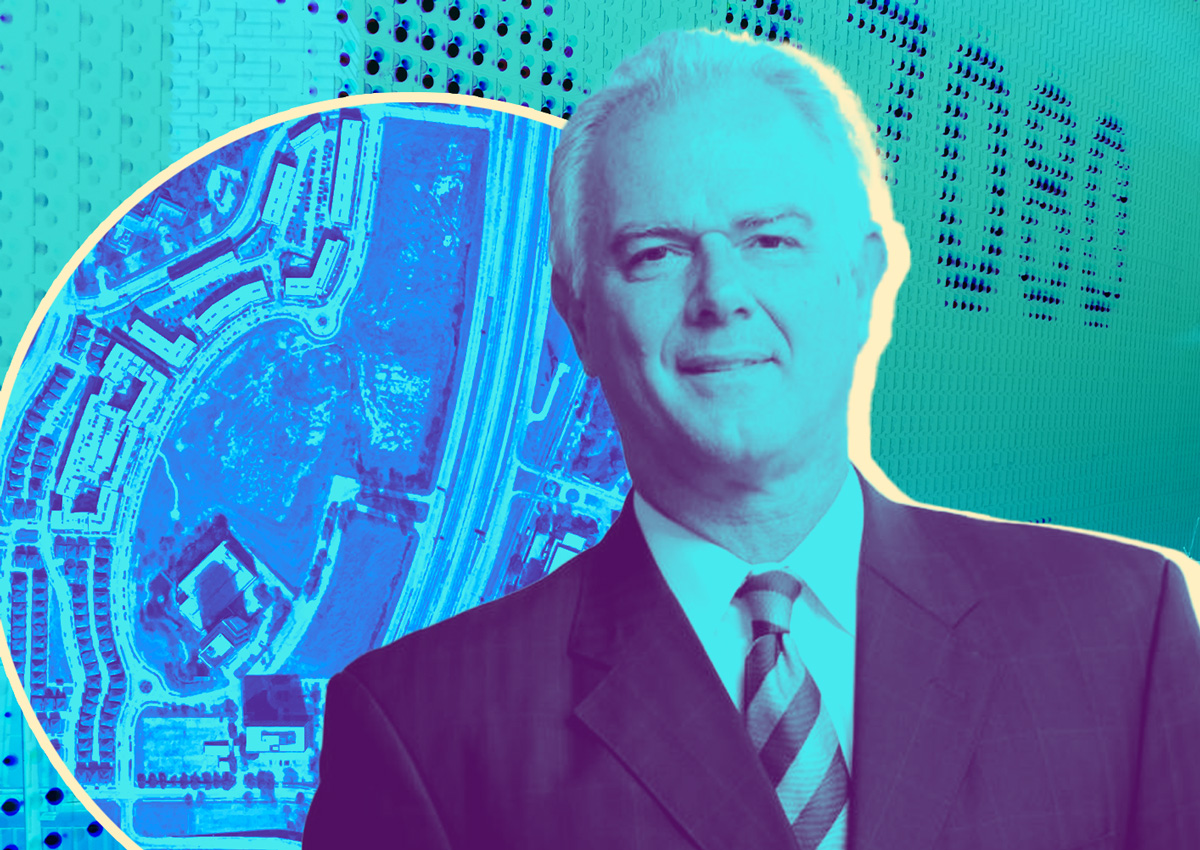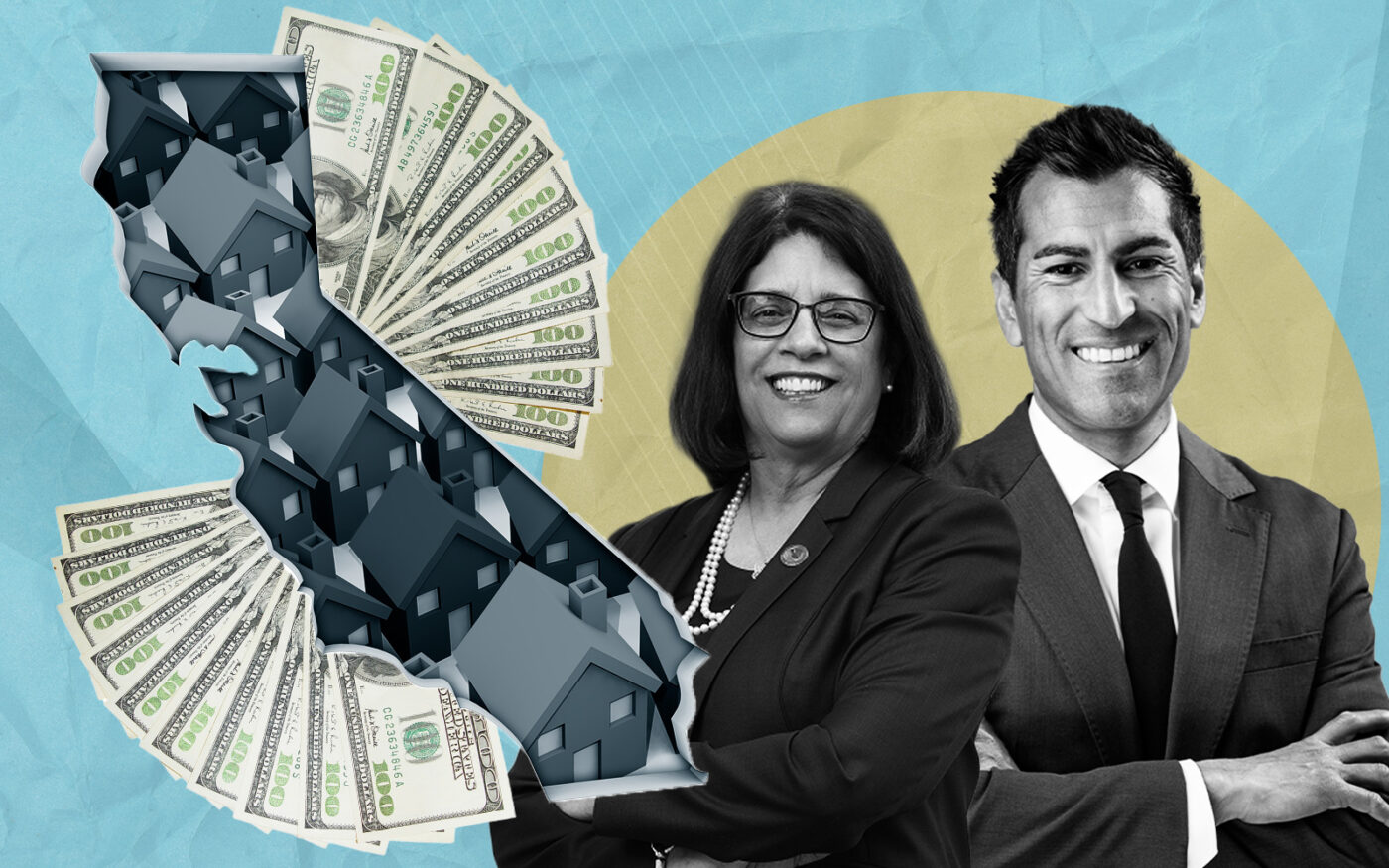Every year for five years, state Assemblywoman Cecilia Aguiar-Curry has tried to amend the state constitution to help voters unlock billions of dollars for affordable housing. Each year she’s failed.
Now Aguiar-Curry, D-Winters, and Assembly Speaker Robert Rivas, D-Salinas, have authored another bill to tweak the constitution to allow voters to make borrowing easier to build affordable homes, CalMatters reported on LAist.
The measure would lower the electoral bar for voter-approved bonds and taxes that fund affordable housing and public infrastructure projects to 55 percent, from the current threshold of 66 percent.
If the proposed constitutional amendment makes it through the Legislature, where it would require a two-thirds vote, it would go before California voters on the November 2024 ballot.
Aguiar-Curry, the speaker pro tem and a former mayor of Winters, said the measure may help cure defects she sees with colossal statewide bonds that often benefit bigger cities.
“When you pass some of these big-time bonds, we don’t see the money,” Aguiar-Curry told CalMatters. “Every community has different needs, but for a lot of us in rural communities, it’s hard to get bonds passed.”
The constitutional amendment follows recent failures by voters in California cities to meet the two-third threshold needed to borrow money to fund affordable homes.
In November, 59 percent of Berkeley residents voted to allow the city to borrow $650 million to fund affordable housing. In 2020, 58 percent of San Diego voters supported a $900 million housing bond. In 2018, 64 percent of San Jose voters, 62 percent of Santa Rosa voters and 55 percent of Santa Cruz County voters backed housing bonds worth hundreds of millions of dollars.
Each measure failed to surpass the two-thirds mark, bypassing a combined $2.26 billion in affordable housing IOUs.
But proponents of the latest measure think this year could be different. As state lawmakers scramble to tamp down spiraling housing costs, a homelessness crisis and growing public resentment over both, a coalition of housing developers, unions, local governments and pro-housing groups want to lower that electoral bar, according to CalMatters.
Alongside initiatives and referenda proposed by private citizens and interest groups, state lawmakers are looking at other proposed constitutional changes and as many as 10 statewide bonds, including a $10 billion affordable housing measure.
— Dana Bartholomew
Read more



